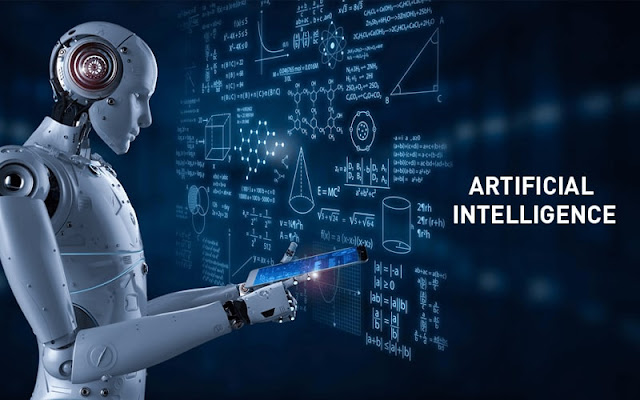Introduction:
Artificial Intelligence (AI) is revolutionizing the world as we know it. With its rapid advancements and applications in various domains, AI is transforming industries, reshaping economies, and influencing the way we live and work. From autonomous vehicles to virtual assistants, AI is gradually becoming an integral part of our daily lives. In this blog, we will explore the concept of AI, its significance, and its potential to reshape the future.
Understanding Artificial Intelligence:
Artificial Intelligence refers to the development of computer systems that can perform tasks that would typically require human intelligence. These tasks encompass a broad range of activities such as problem-solving, decision-making, learning, perception, and language understanding. AI systems can analyze vast amounts of data, identify patterns, and make predictions or recommendations based on the information they gather.
Types of Artificial Intelligence:
There are two primary types of AI: Narrow AI and General AI.
Narrow AI: Narrow AI, also known as weak AI, is designed to perform specific tasks within a limited domain. Examples include voice assistants like Siri and Alexa, image recognition systems, and recommendation algorithms used in online shopping platforms. Narrow AI systems excel at their designated tasks but lack human-like general intelligence.
General AI: General AI, also referred to as strong AI or artificial general intelligence (AGI), is an advanced form of AI that possesses human-level intelligence across a wide range of domains. This type of AI would have the ability to understand, learn, and apply knowledge in a manner similar to humans. General AI remains a theoretical concept and is yet to be fully realized.
Applications of AI:
AI is making significant strides in various fields, and its applications are expanding rapidly. Here are a few notable areas where AI is making a difference:
Healthcare: AI is transforming healthcare by improving diagnostics, drug discovery, personalized medicine, and patient care. AI-powered systems can analyze medical images, predict disease progression, and assist in surgery, leading to more accurate diagnoses and better treatment outcomes.
Finance: In the finance industry, AI is being utilized for fraud detection, algorithmic trading, risk assessment, and customer service. AI-powered chatbots provide efficient customer support, while machine learning algorithms analyze vast amounts of financial data for investment strategies.
Transportation: The advent of self-driving cars and autonomous vehicles is a testament to the potential of AI in transportation. AI algorithms enable vehicles to perceive their surroundings, make decisions, and navigate safely, thereby enhancing road safety and revolutionizing the way we commute.
Manufacturing: AI is optimizing manufacturing processes by enabling predictive maintenance, quality control, and workflow automation. Smart robots equipped with AI algorithms can perform complex tasks with precision, improving efficiency and productivity on factory floors.
Ethical Considerations:
As AI becomes increasingly pervasive, it raises ethical concerns and challenges. Issues such as data privacy, algorithmic bias, job displacement, and the accountability of AI systems need to be addressed. Responsible development and deployment of AI systems are crucial to ensure that the technology benefits humanity while minimizing potential harm.
The Future of AI:
The future of AI holds immense possibilities. With ongoing research and advancements, AI is expected to evolve further and unlock new frontiers. The development of General AI remains a long-term goal, but even in its current form, AI has the potential to revolutionize industries, augment human capabilities, and tackle complex global challenges.
Conclusion:
Artificial Intelligence is reshaping the world and has the potential to bring about transformative changes across industries. From healthcare to finance, transportation to manufacturing, AI is streamlining processes, enabling innovation, and enhancing human lives. However, it is essential to navigate the ethical considerations associated with AI to ensure its responsible and beneficial integration into society. As AI continues to evolve, the future holds exciting possibilities, and humanity stands on the brink of a new era empowered by intelligent machines.





0 Comments